
Transcription
[NOTE: I was asked to give a small discourse on one of the main principles of Buddhism, from the SGI's (Nicheren Buddhism) perspective, to our S.Q. sangha. To me, a personal vow is one of the most powerful commitments one can make when wishing to transform oneself, &/or his/her surroundings. For this reason, I gave the following lesson, 9/28/16, first & foremost. The sections in brackets are where I furthered adlibbed on that particular point.]
Bodhisattva, 9/28/16
Bodhisattva vow:
According to Mahayana tradition, upon embarking on their practice of the 6 paramitas [practices for "perfections," or "having reached the opposite shore [f/delusion to shore of enlightenment)], bodhisattvas make 4 universal vows:
1. to SAVE innumerable beings;
2. to ERADICATE countless earthly desires;
3. to MASTER immeasurable Buddhist teachings, &
4. to ATTAIN the supreme ENLIGHTENMENT.
The 6 paramitas are:
1. almsgiving (dana), which includes material almsgiving, almsgiving of the Law, & almsgiving of FEARLESSNESS;
2. keeping the precepts (shila) [In the SGI, we have One precept (incorporates all others), belief/faith in the Gohonzon, i.e., One's True Nature];
3. forbearance (kshanti), or to bear up patiently & CONTINUE one's Buddhist practice UNDER ALL OPPOSITION & HARDSHIPS;
4. assiduousness (virya), to practice the other 5 paramitas CEASELESSY, w/utmost PHYSICAL & SPIRITUAL EFFORT;
5. meditation (dhyana), to FOCUS the MIND & CONTEMPLATE the TRUTH w/a TRANQUIL MIND; &
6. the obtaining of wisdom (prajna), which enables one to PERCEIVE the TRUE NATURE of ALL THINGS.
Some sutras divide bodhisattva practice into 52 stages, ranging f/initial RESOLUTION [VOW] to the ATTAINMENT of ENLIGHTENMENT. Bodhisattva practice was generally thought to require successive lifetimes spanning many kalpas to complete. F/the standpoint of the Lotus Sutra (L.S.), which recognizes that one can ATTAIN Buddhahood in one's present form, the bodhisattvas practice can be completed in a single lifetime. (Soka dict.)
In fact, in the Mahayana teachings, all bodhisattvas are know to make [these] 4 great vows.
Words that constitute what could be described as the original form of these bodhisattva VOWS appear as a vow the Buddha makes in the 'The Parable of the Medicinal Herbs' (5th) chapter of the L.S.: 'Those who have not yet crossed over I will cause to cross over [ref. translation of PARAMITA], those not yet freed I will free [EMANCIPATION], those not yet at rest I will put to rest [TRANQUILITY], those not yet in nirvana I will cause to ATTAIN NIRVANA.' This VOW as a whole expresses the 1st VOW to save innumerable living beings. It clearly conveys the fact that the Buddha's ACTIONS are based on his resolute VOW to lead ALL people to enlightenment. In this passage, we can also find expressions that correspond to the other 3 vows.
A VOW in Buddhism could be described as the POWER to SEVER the chains of KARMA, to free oneself f/the FETTERS of the PAST, & to FORGE a SELF that can look w/hope to a new future. In other words, the POWER of a VOW enables us to develop ourselves through the Buddha's teachings, to TAKE CHARGE of our own future direction based on a SOLID SENSE of SELF, & to keep on making efforts toward that end.
It could be said that making a VOW is the fundamental principle of change. While making a VOW naturally entails trying to CHANGE ONESELF, it is also the principle of TRANSFORMING the lives of ALL people, seen in the Buddha's VOW in the 'Medicinal Herbs' chapter. (Sensei, "A Vow for the Enlightenment of all People [Study Lecture Series]," Art of Living, [2005 March], p.20)
[Give ex. of Queen Shrimala's vow] A contemporary of Shakyamuni, who dedicated herself to EDUCATION teaching others that the PRACTICE of the bodhisattva consists of ENCOURAGING, w/maternal care, the ultimate potential for good w/in all people. Her VOW:
If I see lonely people, people who have been JAILED UNJUSTLY & have LOST THEIR FREEDOM, people who are SUFFERING f/illness, disaster or poverty, I will NOT ABANDON them. I will bring them SPIRITUAL & material comfort.
In concrete terms, her practice consisted in the following:
- ENCOURAGING others by addressing them w/kindness & concern, through dialogue (priyavacana);
- giving ALMS. or providing people w/things they require (dana);
- TAKING ACTION on behalf of others (artha-carya);
- JOINING w/others, & WORKING TOGETHER w/them (samanartha). (Sensei, "Thoughts on Education For Global Citizenship," [@ Columbia U., 6/13/96], A New Humanism, p.56.)
[Finish w/emphasis of VOW in SGI]
Nichiren Daishonin, through HIS PROFOUND VOW, boldly stood up alone as a votary of the L.S. He steadfastly persevered in his determined efforts, out of a desire to SAVE ALL people who were being led by evil influences to commit slander of the Law. Consequently, as the Daishonin himself foresaw, he incurred the hatred of people throughout the land & brought down a great storm of PERSECUTION upon himself.
Nevertheless, w/the spirit, 'I REJOICED, saying that I had long EXPECTED THIS,' WND, p.764) the Daishonin CONTINUED STRUGGLING w/the resolute spirit expressed by the lines: 'But STILL I am NOT DISCOURAGED,' (WND, p.748) 'I have NEVER ONCE THOUGHT of RETREATING,' (GZ, p.1224) & 'So the BATTLE GOES ON even today.' (WND,p.392)
We can take it that the sole driving force that sustained the Daishonin's momentous LIFELONG STRUGGLE was the POWER of HIS VOW. Through his own EXAMPLE, he taught us how, by MAINTAINING A VOW, we can become ONE w/the HEART of the BUDDHA & bring forth the LIMITLESS POWER of Buddhahood f/the DEPTHS of OUR LIVES.
In a defiled age, it is only through the POWER of a VOW for the enlightenment of ALL people that we can defeat the evil designs of devilish functions that seek to proliferate distrust & doubt towards other human beings. (Sensei, "A Vow...," p.21)
Other posts by this author
|
2021 may 22
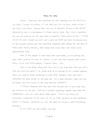
|
2021 may 22

|
2021 may 22
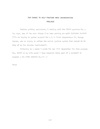
|
2021 jan 30
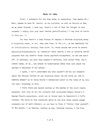
|
2021 jan 28

|
2021 jan 26

|
More... |
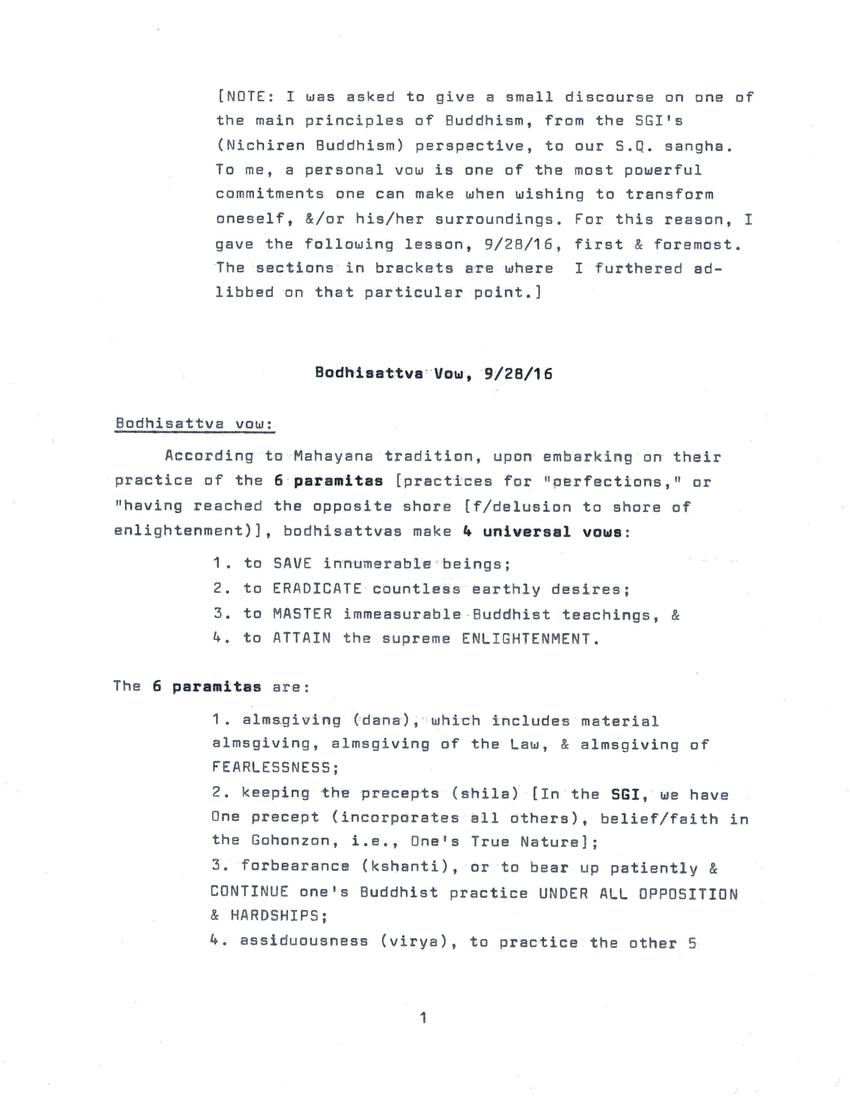
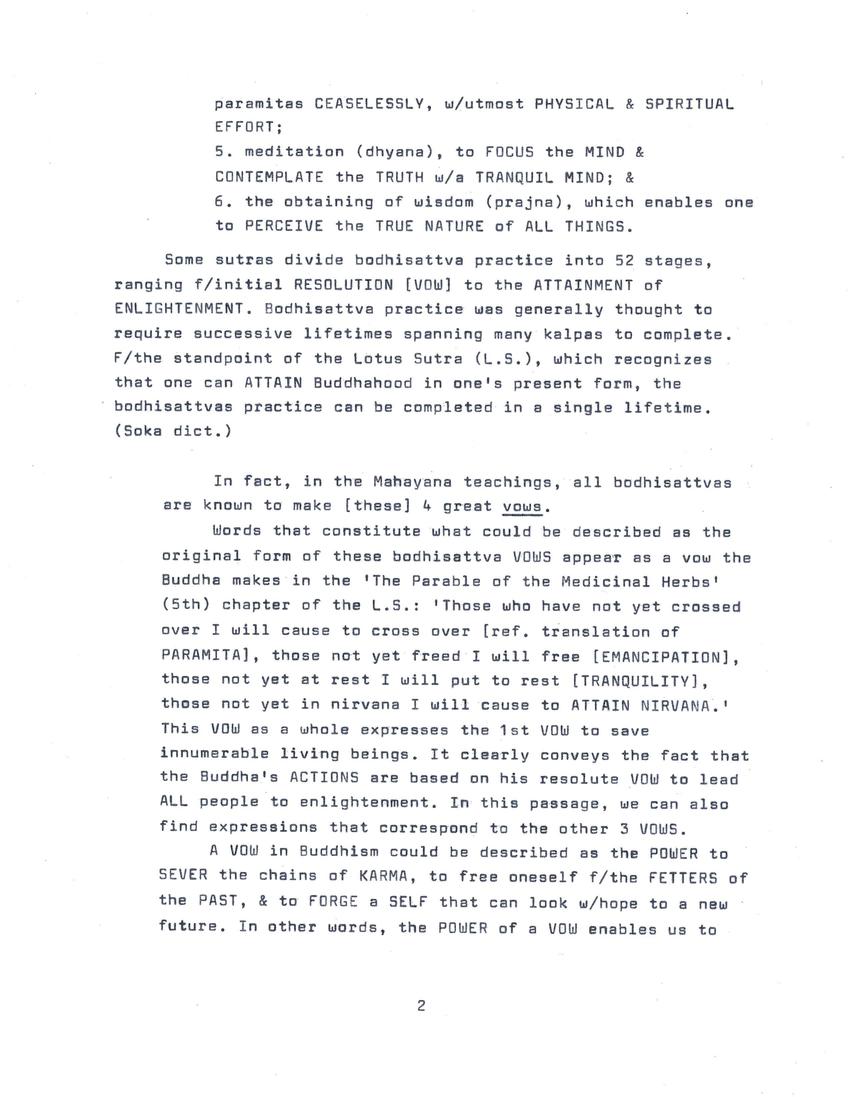
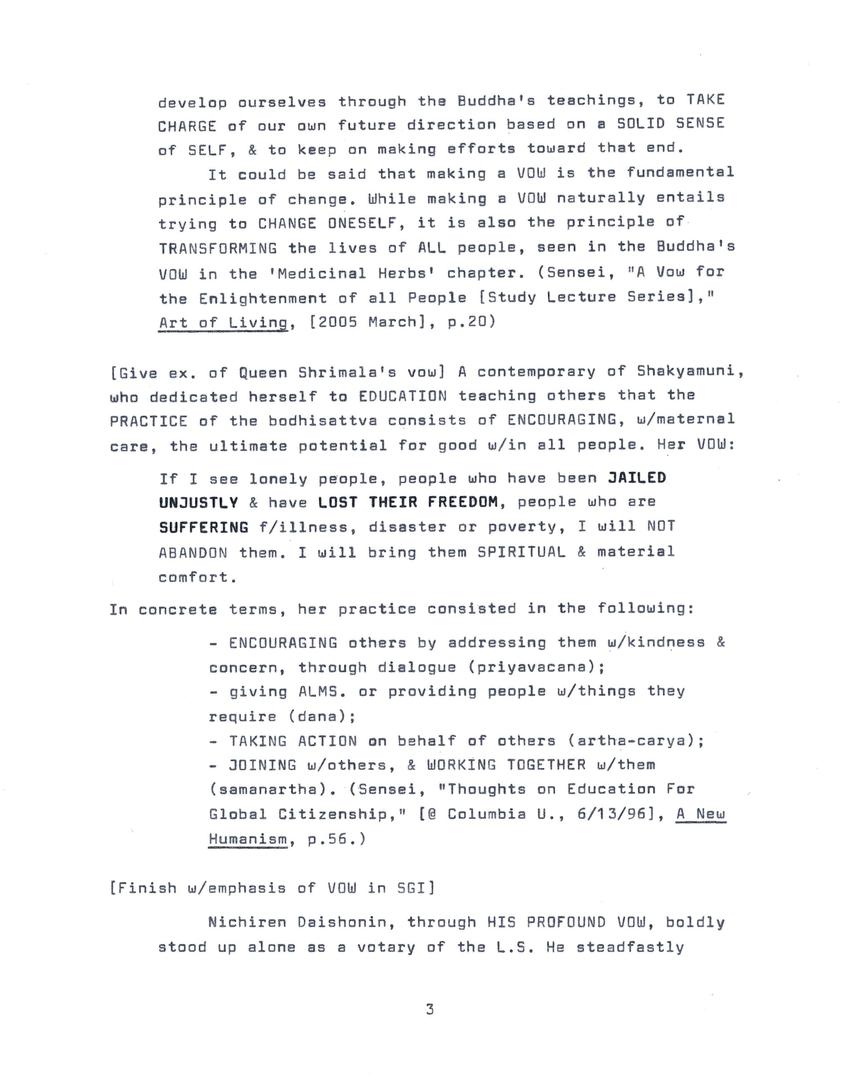
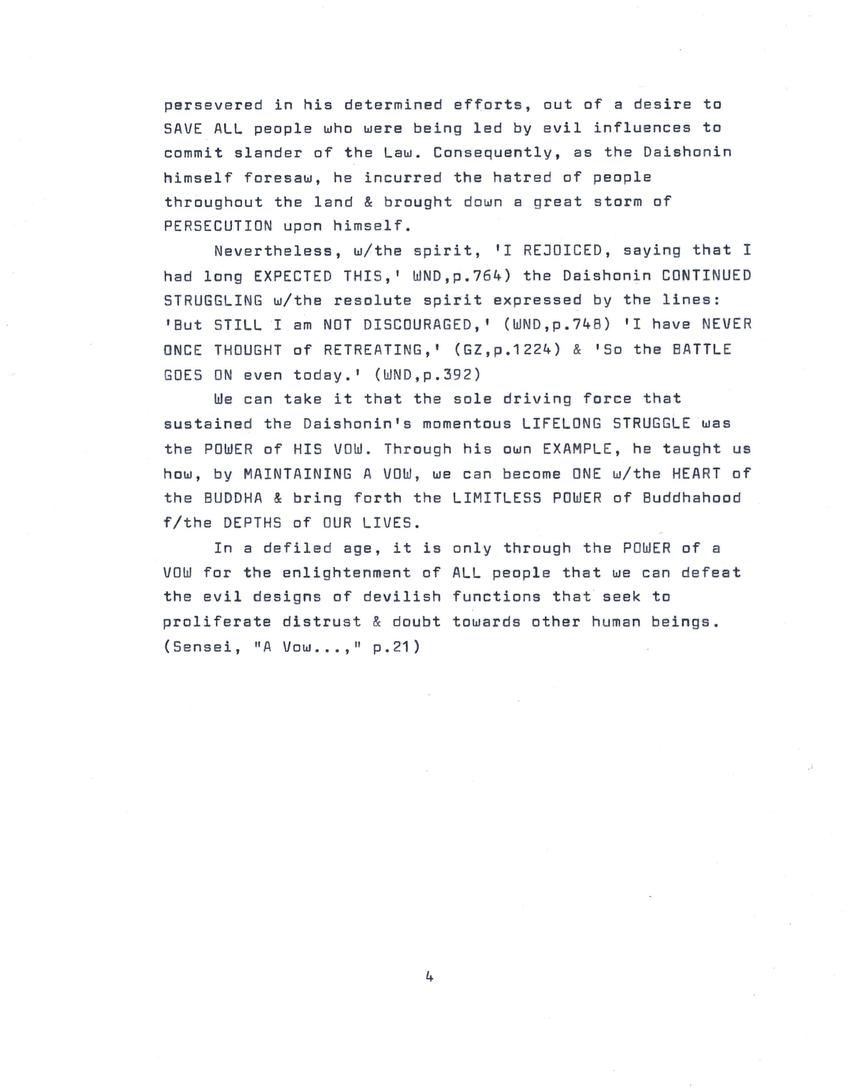

Replies